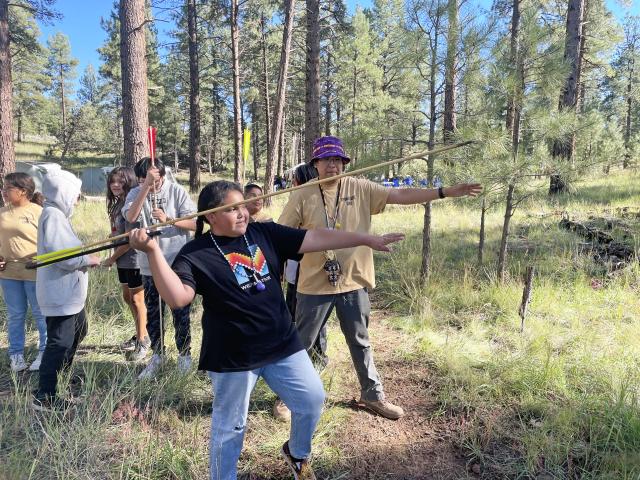Related Content
Related Stories
- On the Arizona Strip, Now is the Time for Fire and Fuels Work
- A day on patrol with BLM Arizona Ranger Rocco Jackson
- Long-term partnership between BLM Fire and United States Air Force builds national firefighting capacity and accomplishes critical fuels work
- Celebrating volunteers across the Colorado River District
- BLM recreation sites available to all: Exploring accessibility on Arizona’s public lands
Office
4001 East Aviator Drive
St. George, UT 84790
United States
Phone:
Email:



